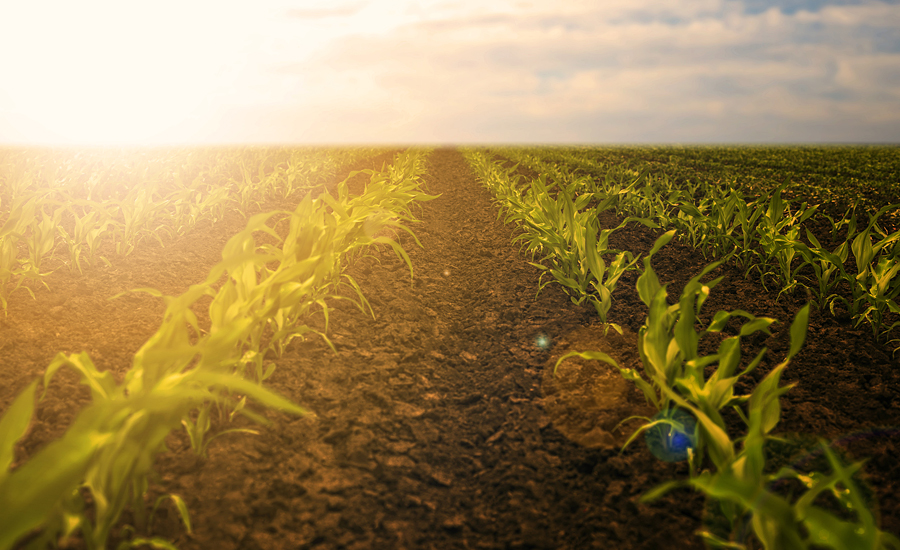Cargill, Minneapolis, released a report outlining progress on its efforts to eliminate deforestation from its supply chains.
The first Cargill report on forests covers on-the-ground actions within six priority supply chains and global collaborations to advance sustainable agriculture. Cargill worked with numerous global partners to engage more than 148,000 farmers, and established a baseline for measuring tree cover loss by mapping the sourcing areas of nearly 2,000 locations across 14 countries.
"Ending deforestation is critical to curb climate change," says David MacLennan, chairman and CEO. "Today, we are at an important crossroads, as we work to nourish the world and protect the planet. Sustainable agriculture must be a part of the solution."
The report highlights Cargill's progress on:
- Creating and enacting action plans to protect forests in priority supply chains—palm oil globally, soy in Brazil and Paraguay, cocoa globally, cotton and maize in Zambia and fiber-based packaging. In support of these action plans, Cargill issued a new Policy on Sustainable Fiber-based Packaging.
- Developing and implementing programs and trainings for more than 148,000 farmers and suppliers to promote sustainable land use, including 15,000 small- and large-scale soy farmers in Brazil, 21,000 palm oil smallholder farmers in Indonesia, 1,000 soy farmers in Paraguay and 90,000 cocoa farmers and cooperatives in West Africa.
- Partnered with World Resources Institute and Global Forest Watch, both of Washington, D.C., to complete an analysis of nearly 2,000 sourcing locations, both Cargill-owned and third-party operated, across its global footprint. The analysis served to establish a preliminary baseline, which is necessary for measuring progress toward no-deforestation targets. The project spanned a sourcing area encompassing 166 million hectares, including 119 million hectares of tree cover. The analysis found approximately 1.7 million hectares, or 1.4%, of tree cover loss in 2014 in these areas. This assessment illustrates the landscape context of land use change in the vicinity of Cargill's sourcing areas, but these forest impacts cannot be interpreted as directly related to Cargill's sourcing itself. The next step will be to identify how Cargill's operations relate to the sources contributing to tree cover loss and develop solutions to protect those forest areas.
- Extending the Brazilian Soy Moratorium in the Amazon and the implementation of the Brazilian Forest Code and the Rural Environmental Registry (CAR) through supplier training and education and partnerships with cross-sector and multi-sector organizations. Cargill soy contracts in Brazil now require farms to comply with the Brazilian Forest Code and CAR.
Cargill also outlined clear challenges and new approaches necessary to drive continued progress, including:
- Building consensus around definitions and standards of measurement to effectively monitor progress.
- Encouraging engagement with local and national governments to advance more effective institutional frameworks and jurisdictional approaches.
- Managing redundancy in initiatives to drive scalable solutions by coordinating at sectoral and landscape levels.
- Engaging suppliers to implement changes from the point of origin.
"We realize the private sector can lead in making agriculture and supply chains more sustainable," says Ruth Kimmelshue, global leader of business operations and supply chain. "But, we can't do it alone. We want to work with customers, governments, NGOs and others to apply scalable approaches and deploy technology and practices that will give farmers the tools they need to create a more food-secure world."



